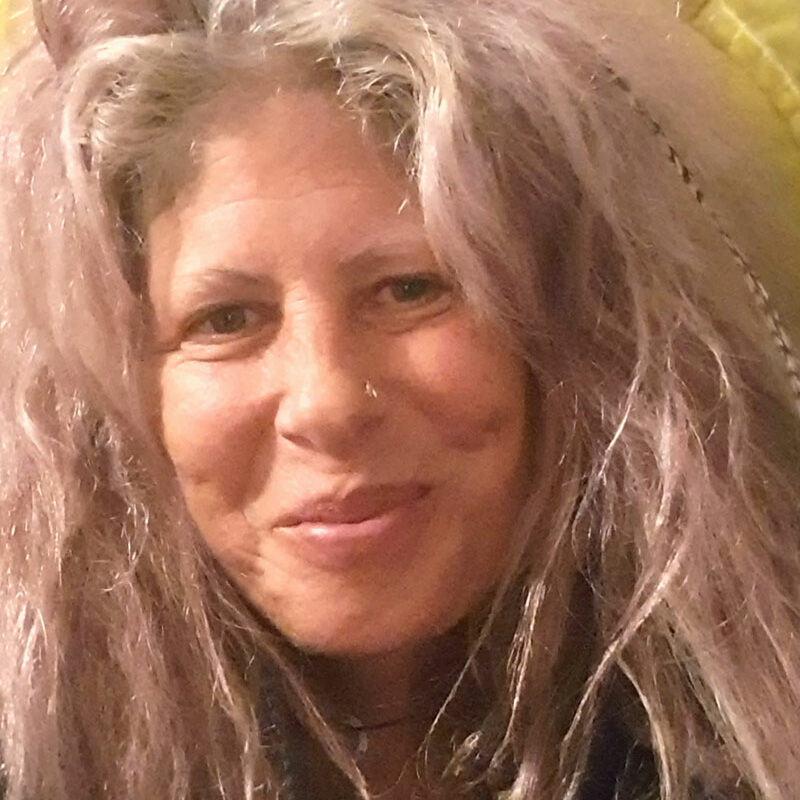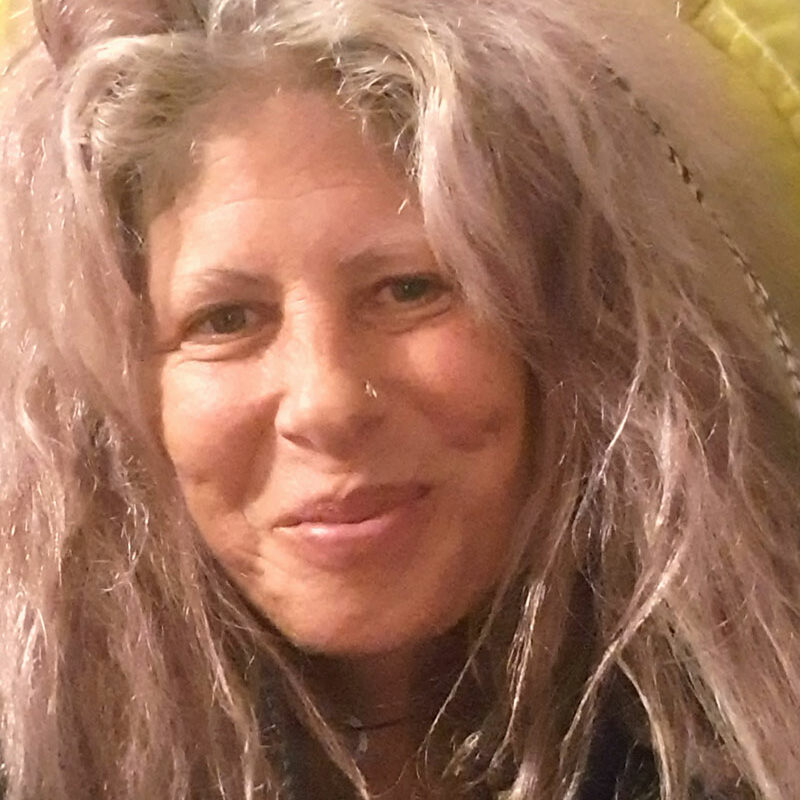A deep, creative and transformative process, which supports you through your holistic awakening journey and individual personal health revolution
Talking About Cannabis
Talking About Cannabis
‘Talking About Cannabis’ by Rowena J Ronson and Nigel Summerley
RJR: Everyone is talking about cannabis these days. My clinic is full of patients asking about my knowledge of CBD oil or young people addicted to smoking weed. I would like to write something about this sacred plant for our readers to shed some light as to what all the fuss is about. How do you feel about the topic, Nigel?
NS: Like a multitude of plants, cannabis has medicinal properties. We know it in relatively recent times as a useful homeopathic remedy, and it seems to have been used further back in time as a herbal healer and sacred plant. In general terms, cannabis appears to be a drug capable of making you ‘feel good’, and at the same time, with the arrival of skunk etc, it has become a drug that can lead to addiction, psychosis and suicide. So this is a real ‘double take’ – cannabis positive and cannabis negative. Maybe we could look at the negatives before moving on to the positives.
RJR: There is actually a complex and highly evolved endocannabinoid system within all mammals, and it appears to play a very important role in regulating our hormones, neurotransmitters and immunity. You asked about the negatives of cannabis use. We are living in confusing times. Cannabis/CBD oil is in the news, so its profile has been raised and is stimulating curiosity – many are using it over the counter for anxiety/sleep issues and much more. But teenagers are growing up with conflicting messages. Their parents might have smoked some weed when they were in their teens and often they have little awareness of the dangers of skunk, and our young ones might end up smoking it without really knowing the difference.
There might be an unconscious message from either parent, that it can do no harm – but this simply isn’t true. Older smokers learn that skunk is a very different drug to cannabis, and that the THC levels have been manipulated to give a very intense high. Many young people are smoking it regularly for that very reason and are becoming very addicted to it. Some are tolerating vast quantities, and noticing that their moods are becoming low and unstable, and they find themselves unmotivated and reliant on it. And it is affecting their developing brains considerably – sometimes with long-term adverse affects, for example schizophrenia, bipolar disorder and severe anxiety and clinical depression. Long-term medication is advised by Western medicine, which makes for a life-long chronic mental illness for many. Natural remedies, if prescribed swiftly and correctly, can heal these conditions.
NS: Thank you for all that. The only thing I would take issue with is that I think there was a time a while ago when the older generation did tolerate or almost encourage their offspring to smoke cannabis. But I think that is now long in the past and that older people – even those who used the drug themselves – are now well aware of the dangers presented by skunk and this enhancement of cannabis to become doubly potent and hence addictive. They are also, to their cost, aware of what it can do to young people’s brains. I personally know of at least one parent who has had a child commit suicide as a direct result of skunk use; and there are other similar cases recorded. As this is widely known by young and old, why would anyone use this stuff? Is it the usual ‘it can’t happen to me’ feeling that enables people to go on smoking tobacco or drinking large quantities of alcohol? Or is it part of being rebellious? Or maybe peer pressure? From what you have said, it seems that there is some sort of affinity between humans and cannabis – is this also a strong factor?
RJR: My experience with the families that come to see me with a son or daughter with drug issues, or a young teen who is asking questions, and is toying with the idea of experimenting, is that they are unaware of the dangers of skunk. Experienced smokers tend to know the difference, as they are experiencing its effects. People use skunk to get high, and do so for many reasons, of course. I have worked with many smokers who are unaware that it can cause lasting damage, or even temporary depression, for example. So I am unsure where your ‘long in the past’ comes from?
NS: I stand corrected. I think that because I work primarily in the media (and there has been almost relentless coverage of this issue for some years) I was under the impression that every adult now knows about the dangers of skunk and has done for some time. It seems that, from your experience, I have been wrong. This comes as a shock – as does the evidence that many parents are ignorant of the danger skunk poses to their children. If this is the case, the danger and the potential damage are much worse than I realised. How, generally, do you counsel parents?
RJR: I don’t see it is about being correct, or right or wrong. Your experience is different from mine – and the difference is interesting. I don’t look to the media for my views – instead they are influenced by the issues that patients bring into my clinic. I am generally untrusting of the media and often feel I am being manipulated by articles I occasionally read in newspapers. I struggle to think of all adults thinking the same way and knowing the same information – in fact I feel that the opposite is true. But of course, we are all biased – and I am, for sure! In answer to your question, I encourage honesty in my healing space, and a safe place of non-judgement. This allows for both trust and awareness to grow. I have been working with many families to support a teenager preventatively before it becomes a problem – and regularly a twenty-something to stop smoking once they have become addicted. I love this aspect of my work, and it is dear to my heart.
NS: The media can of course give a skewed picture of what is happening – but I think the media coverage of skunk has been good at highlighting the dangers. However, it depends whether people take that information on board. I’m sure that your real-world experience is the most valuable. Interestingly, in Rupert Sheldrake’s latest book, ‘Ways To Go Beyond – and Why They Work’, he devotes seven pages to cannabis but only seven lines to mentioning that cannabis can trigger psychosis. He seems much more taken with its potential for inducing euphoria and enhancing perception. Is it not better to seek joy and ecstasy without drug use – and without the inherent dangers? Or are Sheldrake and many other writers right to publicise the potentially ‘positive’ aspects of drug taking?
RJR: I go back to my original feelings on this, NS – young people get a mixed message. On the one hand cannabis is being legalised in many countries – I have even heard of pubs in the UK where smoking a joint in the back garden is permitted; it is also being used medically for its calming and deeply healing effects. And on the other hand there are articles in the newspapers about the dangers of skunk cannabis. But as you say, even in Sheldrake’s latest book, the focus in not on the dangers. We choose to hear what we want to hear. If we didn’t, no one would drink alcohol or take heroin. People would eat healthily and not live on painkillers. Don’t you think?
NS: Absolutely right. We abuse our bodies and minds with all sorts of things apart from cannabis – and I suppose we will do for centuries to come. The young, too, will probably always want to experiment and take risks. As you know, there is a whole other side to the cannabis issue – its medicinal use for a variety of health conditions, both in the form of the ‘conventional’ drug and as CBD oil. If cannabis, in either of these forms, can bring pain relief or reduce the severity of an illness, surely it’s a no-brainer. But the establishment still seems to throw up its hands in horror at the very mention of cannabis. Is it simply the victim of an image problem?
RJR: I don’t think it is because of the image. It is because of the pharmaceutical industry. Don’t you think?
NS: I’m sure that Big Pharma won’t be keen to promote the use of cannabis – unless it has a way to turn cannabis into its own products and make a lot of money from it. I think also that reactionary (and possibly ignorant) politicians see any medicinal use of cannabis as a first step towards general legalisation of the drug – which wouldn’t play well with their reactionary (and probably ignorant) voters.
RJR: Even though in the UK from last November, doctors were told they can recommend medicinal cannabis if appropriate, they were also given a caveat – that they had to try every other drug available first – and there is always a long list to work through. So as we can imagine, it is not being prescribed. I think doctors are scared to use it too. Working in the media, what impression did you get of the Alfie Dingley case?
NS: It sounds like Alice in Wonderland stuff – you’ve got a medicine that appears very much to work, but before you can use it, you need to use all the things that appear not to work. (I remember being told by a GP that I couldn’t have a full-body scan for skin cancer on the NHS until I had used steroid cream to try to get rid of some mysterious bits of rough skin. I didn’t want to use steroid cream, so had to pay privately for a full check-up, which confirmed I had a basal cell carcinoma which needed removing.) The story of Alfie seemed to be yet another example of this “mad” approach to health – a mum finds something that helps her child but is told she can’t use it because of “the rules”. As we know, allopathic medicine is incredibly limited in its approach to all sorts of conditions: following guidelines, dishing out “approved” drugs and being blinkered to breakthrough alternatives.
RJR: Do our readers have any of their own stories they would like to share?

Rowena J Ronson
Rowena J Ronson Shape-Shifter Intuitive Natural Medicine Healer Homeopath Counsellor Functional Medicine Individuals, Relationships & Families For You

